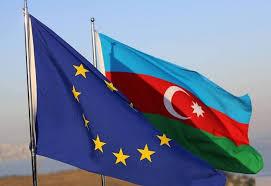
Negotiations on the renewal of Partnership Agreement between Azerbaijan and European Union (EU) which has been in force since 1991, has started in March 2017. After the meeting in Brussels in June, the parties stated that they hoped to finalize the draft of the Agreement until the end of year and meetings would continue intensively.[1]
It is understood from the statements made by the delegates of both parties, that the relations are desired to be based on a solid foundation, leaving disagreements on human rights issues and Azerbaijan’s territorial integrity issue aside. After the meeting in Brussels on July 20th, Azerbaijani Ambassador to Belgium and Head of the Mission to the EU, Fuad Isgandrov indicated that Azerbaijan started to maintain relations with EU via more pragmatic objectives and the projects like Southern Gas Corridor might be a ground for attaining this goal. [2]
Briefly having looked at the history of their bilateral relations, it can be explained why Azerbaijan wants to improve its dialogue with EU around more pragmatic objectives. It will be recalled that European Union attempted to sign the Partnership Agreement with Azerbaijan on 2010, 2013 and 2015 but it didn't get any results from that attempts. In Azerbaijan public opinion, the belief in the EU was shaken especially on the matters of Azerbaijan’s territorial sovereignty and integrity because no concrete steps were taken by EU.[3]
The year of 2015 during which the tension in relations increased, can be evaluated as a turning point for Azerbaijan’s expectations. During the preparation for the signing of the Partnership Agreement in 2015, European Parliament’s issuing of “Joint Motion for a Resolution” caused Azerbaijani disappointment. In that Motion, Azerbaijani government was criticized for its policy on Nagorno Karabakh and its violations of human rights.[4]The Azerbaijani government and public were convinced that the EU had been practicing double standard between Azerbaijan and Armenia.[5] President of Azerbaijan Ilham Aliyev underlined that territorial integrity and sovereignty of Azerbaijan should be respected and stated that Azerbaijan did not intend to participate in any union. [6]
Relations which has remained frozen for a year has entered a time of recovery after the announcement on 6 February 2017 that a new Partnership and Cooperation Agreement would be prepared. It is observed that Azerbaijan, who wanted that its principles of equality and mutual benefit should be a prerequisite during the negotiations, changed its position towards EU. The Azerbaijani government is in the desire to redefine its strategic position by putting its expectations from EU on a more concrete and solid base. The new draft of the Agreement is prepared and submitted by Azerbaijan according to the principles agreed in 2015. The draft is generally prepared by EU because of its normative power which is a soft power instrument established in the framework of founding treaties and its common values, yet the new draft of the Agreement is prepared and submitted by Azerbaijan according to the principles agreed in 2015.[7] This development would be a step forward for other neighboring countries with creating more equal conditions within the framework of New Neighborhood Policies.
The draft prepared by Azerbaijan aims to establish expanded cooperation and partnership in many areas such as politics, security, transportation and migration issues, different from the text presented earlier. The part that Azerbaijan especially wants to emphasize relates to policy and security issues. As aforementioned, Azerbaijan desires to establish an equal relationship with the EU. For this reason, it is requested, that the issues under the heading of policy and security, should be designed so as to, not impair Azerbaijan’s sovereignty rights.
However, an important point should not be overlooked. While on the one hand EU, who has been in the process of signing a Partnership agreement with Armenia, continues to support the claims of Armenia especially on the issue of Nagorno Karabakh, on the other hand is defending Azerbaijan’s territorial integrity.[8] Under these circumstances, It is not clear whether the support Azerbaijan expects from the EU about Nagorno Karabakh will come or not. As of now, it does not seem to be possible to take a step for a solution in the light of the intentions to develop mutually beneficial relations between Azerbaijan and the EU nor to expect EU to start a search for a solution of the Nagorno Karabakh problem acceptable to Azerbaijan.
The political dialogue that Azerbaijan wants to build with the EU is intended to focus on concrete issues under the title "energy and trade volume". In this way, it is a solid goal for Azerbaijan to increase its ability to act in political matters. [9] It can be said that Azerbaijan considers extending its relations with EU on a more solid level particularly with the projects like Southern Gas Project.[10] Through such projects that will provide mutual benefits, Azerbaijan will become one of the important alternative sources of energy for the EU. It is thought that other economic activities that European investors will initiate in Azerbaijan would also contribute to development of bilateral relations.
Presently, much cannot be said without having seen the final text of the renewed Agreement. It would be better to wait for the completion of the final text of the Agreement and see how much Azerbaijan achieved in reaching its goals in the exercise.
[1] Leman Ismailova, “Baku, Brussels hope to finalize draft of partnership agreement by late 2017”, Today.az, June 15, 2017,Accesssed: August15, 2017, http://www.today.az/news/politics/162254.html
[2]Georgi Gotav and Olivier Billot, “Ambassador: Azerbaijan Wants a Solid Foundation for EU Relationship”, Euractiv, January 09,.2017 Accessed: August 15, 2017 https://www.euractiv.com/section/azerbaijan/video/ambassador-azerbaijan-wants-a-solid-foundation-for-eu-relationship/
[3] European Union, Perceptions of the EU Public Opinion in Azerbaijan, EU Neighbors East, 2016, Accessed: August 15, 2017, http://www.euneighbours.eu/sites/default/files/publications/2017-02/EU%20Neighbours%20East_Factsheets_2016_AZERBAIJAN.pdf
[4] European Parliament, ”European Parliament Resolution on Azerbaijan” Joınt Motıon For A Resolutıon, September 9, 2015, Accessed: August 15, 2017, http://www.europarl.europa.eu/sides/getDoc.do?pubRef=-//EP//TEXT+MOTION+P8-RC-2015-0856+0+DOC+XML+V0//EN
[5] “Perceptions of the EU Public Opinion in Azerbaijan”, 2016 .
[6] Georgi Gotev, “Azerbaijan’s rejection of EU association was an eye-opener for Brussels”, Euractiv, February 11, 2016, Accessed: August 15, 2017, https://www.euractiv.com/section/armenia/news/azerbaijan-s-rejection-of-eu-association-was-an-eye-opener-for-brussels/
[7] Azerbaijan, Ministry of Foreign Affairs,”Fuad Isgandarov's interview for ‘Trend’ news agency on EU-Azerbaijan relations”, Embassy of the Republic of Azerbaijan to the Kingdom of Belgium and the Grand Duchy of Luxembourg Mission to the European Union, July 20, 2017, Accessed: August 15, 2017, http://brussels.mfa.gov.az/news/4/3243
[8] Ministry of Foreign Affairs “Press Statement by Edward Nalbandian on the results of the 17th meeting of Armenia-EU Cooperation Council”, 2017, Accessed: August 15, 2017, Press and Information http://www.mfa.am/en/press-conference/item/2017/05/23/min_armeu17/
[9] “Ambassador Fuad Isgandarov's interview for "Trend" news agency on EU-Azerbaijan relations”, 2017.
[10]“Ambassador: Azerbaijan wants a solid foundation for EU relationship”, 2017.
© 2009-2025 Center for Eurasian Studies (AVİM) All Rights Reserved
No comments yet.
-
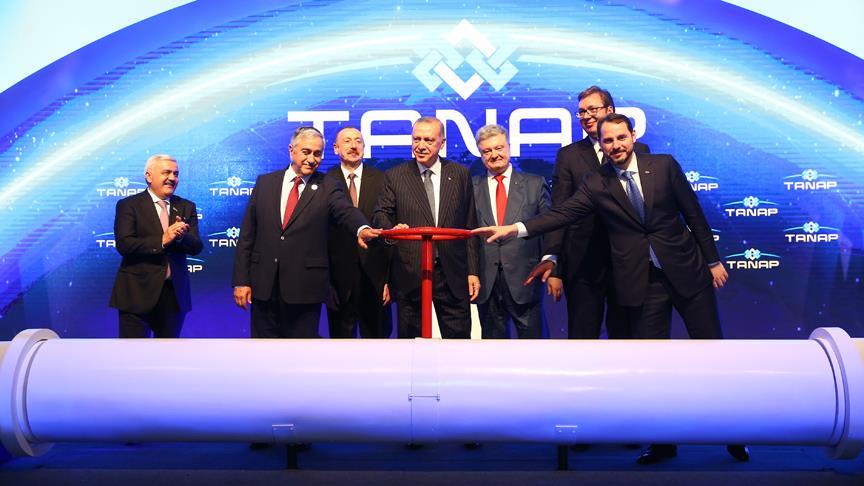 THE OPENING OF TANAP NATURAL GAS PIPELINE
THE OPENING OF TANAP NATURAL GAS PIPELINE
Tutku DİLAVER 14.06.2018 -
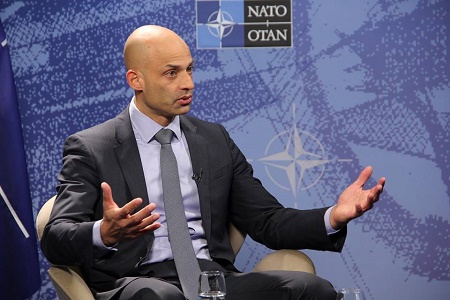 WHERE IS THE NOVELTY IN ARMENIA’S FOREIGN POLICY?
WHERE IS THE NOVELTY IN ARMENIA’S FOREIGN POLICY?
Tutku DİLAVER 11.04.2019 -
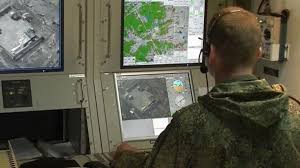 TURKISH RUSSIAN JOINT MONITORING CENTER BECAME OPERATIONAL AT AGHDAM
TURKISH RUSSIAN JOINT MONITORING CENTER BECAME OPERATIONAL AT AGHDAM
Tutku DİLAVER 17.02.2021 -
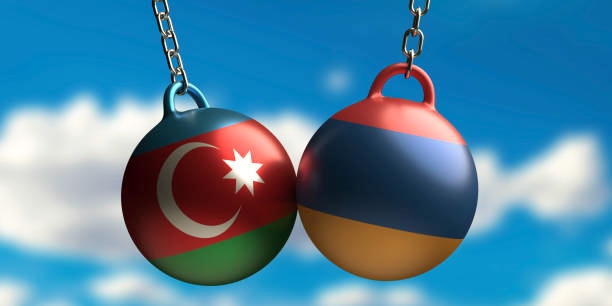 THE NAGORNO-KARABAKH IS SWINGING ON A PENDULUM, AND THE CLOCK IS TICKING
THE NAGORNO-KARABAKH IS SWINGING ON A PENDULUM, AND THE CLOCK IS TICKING
Tutku DİLAVER 30.10.2020 -
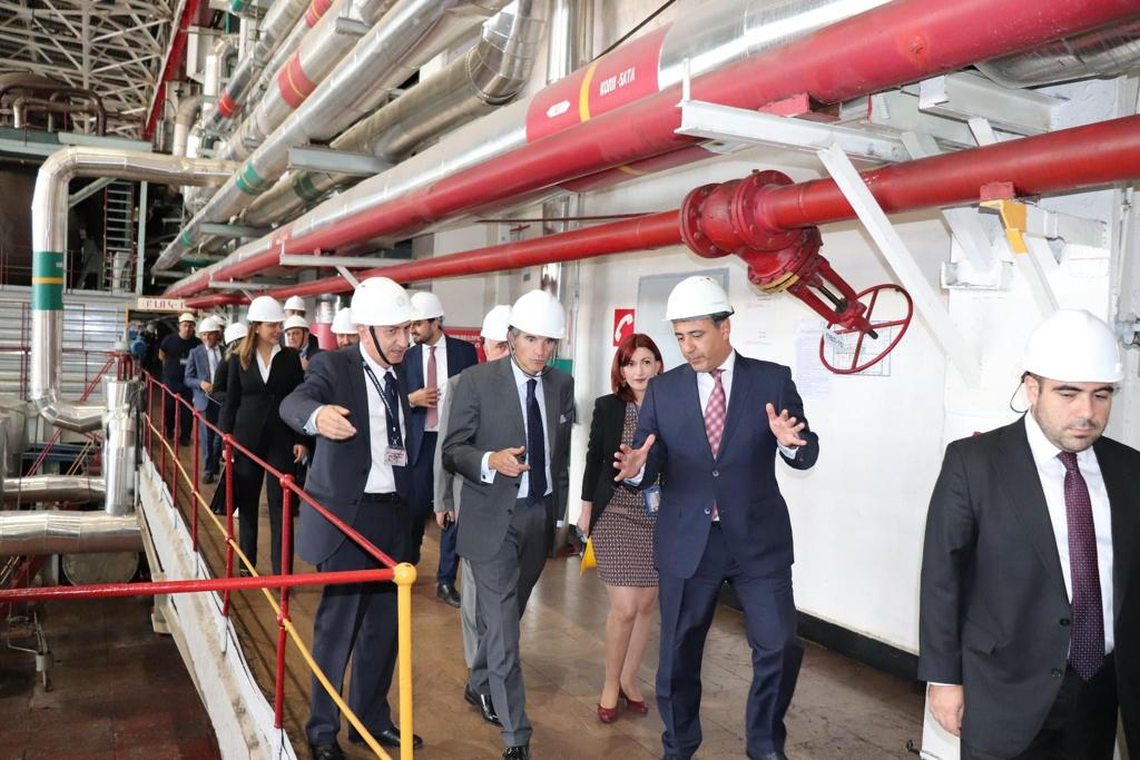 IS THE THREAT POSED BY THE METSAMOR NUCLEAR POWER PLANT BEING OVERLOOKED?
IS THE THREAT POSED BY THE METSAMOR NUCLEAR POWER PLANT BEING OVERLOOKED?
Tutku DİLAVER 10.11.2022
-
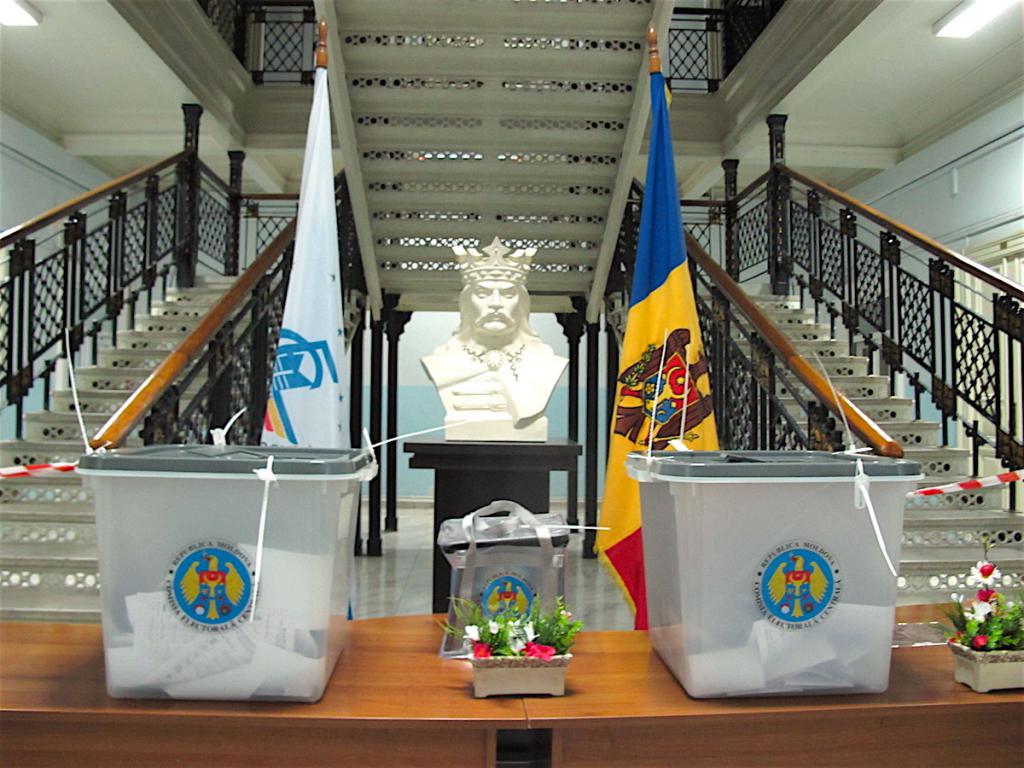 THE 2020 PRESIDENTIAL ELECTIONS IN MOLDOVA: A NEW POLITICAL CONTEXT IN THE POST-SOVIET SPACE?
THE 2020 PRESIDENTIAL ELECTIONS IN MOLDOVA: A NEW POLITICAL CONTEXT IN THE POST-SOVIET SPACE?
Turgut Kerem TUNCEL 02.12.2020 -
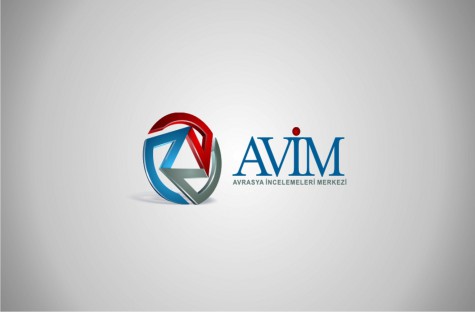 POPE'S CARELESSNESS
POPE'S CARELESSNESS
Ali Murat TAŞKENT 11.05.2015 -
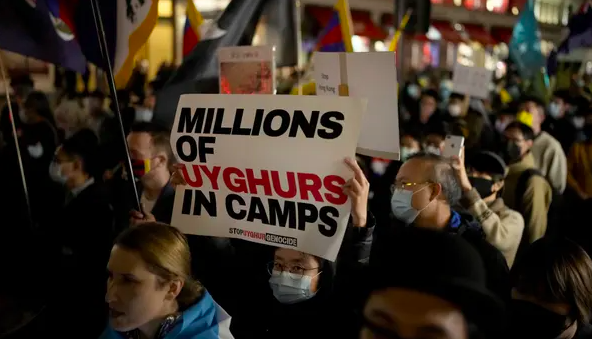 THE DOCUMENTS EXPOSING CHINA’S HUMAN RIGHTS VIOLATIONS
THE DOCUMENTS EXPOSING CHINA’S HUMAN RIGHTS VIOLATIONS
Şevval Beste GÖKÇELİK 27.12.2021 -
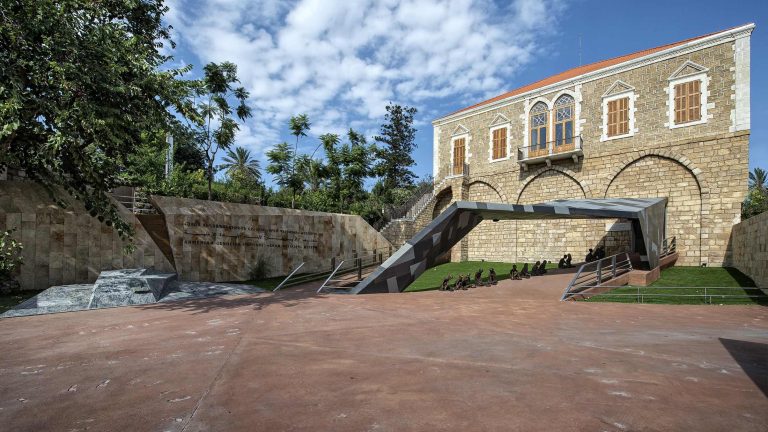 ARAM BEZIKIAN ORPHANAGE AND THE MISREPRESENTATION OF HISTORY
ARAM BEZIKIAN ORPHANAGE AND THE MISREPRESENTATION OF HISTORY
AVİM 17.09.2021 -
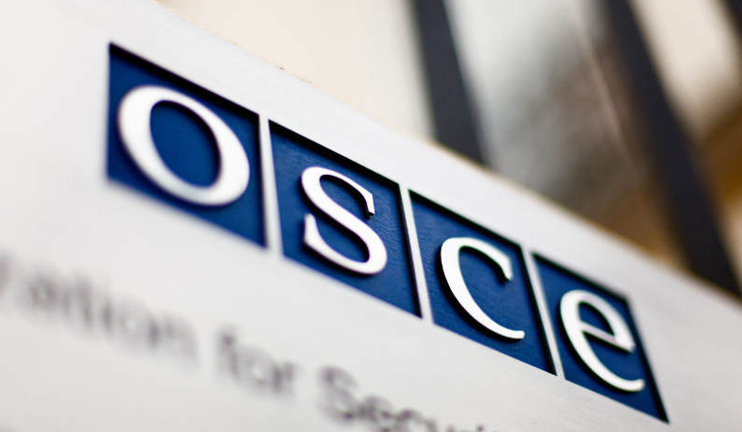 NEWLY APPOINTED US CO-CHAIR OF THE OSCE MINSK GROUP RICHARD HOAGLAND
NEWLY APPOINTED US CO-CHAIR OF THE OSCE MINSK GROUP RICHARD HOAGLAND
Aslan Yavuz ŞİR 31.01.2017
-
25.01.2016
THE ARMENIAN QUESTION - BASIC KNOWLEDGE AND DOCUMENTATION -
12.06.2024
THE TRUTH WILL OUT -
27.03.2023
RADİKAL ERMENİ UNSURLARCA GERÇEKLEŞTİRİLEN MEZALİMLER VE VANDALİZM -
17.03.2023
PATRIOTISM PERVERTED -
23.02.2023
MEN ARE LIKE THAT -
03.02.2023
BAKÜ-TİFLİS-CEYHAN BORU HATTININ YAŞANAN TARİHİ -
16.12.2022
INTERNATIONAL SCHOLARS ON THE EVENTS OF 1915 -
07.12.2022
FAKE PHOTOS AND THE ARMENIAN PROPAGANDA -
07.12.2022
ERMENİ PROPAGANDASI VE SAHTE RESİMLER -
01.01.2022
A Letter From Japan - Strategically Mum: The Silence of the Armenians -
01.01.2022
Japonya'dan Bir Mektup - Stratejik Suskunluk: Ermenilerin Sessizliği -
03.06.2020
Anastas Mikoyan: Confessions of an Armenian Bolshevik -
08.04.2020
Sovyet Sonrası Ukrayna’da Devlet, Toplum ve Siyaset - Değişen Dinamikler, Dönüşen Kimlikler -
12.06.2018
Ermeni Sorunuyla İlgili İngiliz Belgeleri (1912-1923) - British Documents on Armenian Question (1912-1923) -
02.12.2016
Turkish-Russian Academics: A Historical Study on the Caucasus -
01.07.2016
Gürcistan'daki Müslüman Topluluklar: Azınlık Hakları, Kimlik, Siyaset -
10.03.2016
Armenian Diaspora: Diaspora, State and the Imagination of the Republic of Armenia -
24.01.2016
ERMENİ SORUNU - TEMEL BİLGİ VE BELGELER (2. BASKI)
-
AVİM Conference Hall 24.01.2023
CONFERENCE TITLED “HUNGARY’S PERSPECTIVES ON THE TURKIC WORLD"









